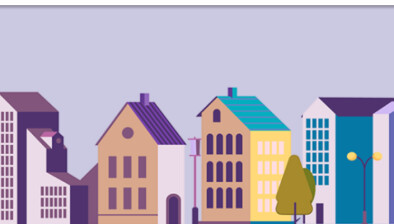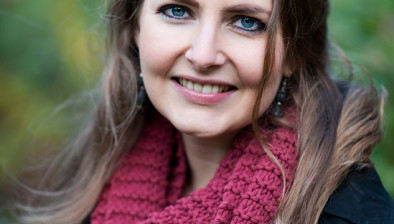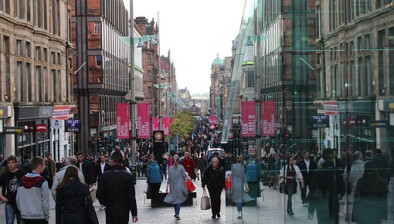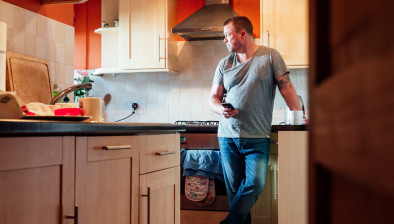England: True number of rough sleepers could be ‘far higher’ than government figures
The number of people sleeping rough in England during the COVID-19 health crisis could be three to four times higher than official UK Government figures, according to a professor of urban studies at Heriot-Watt University.
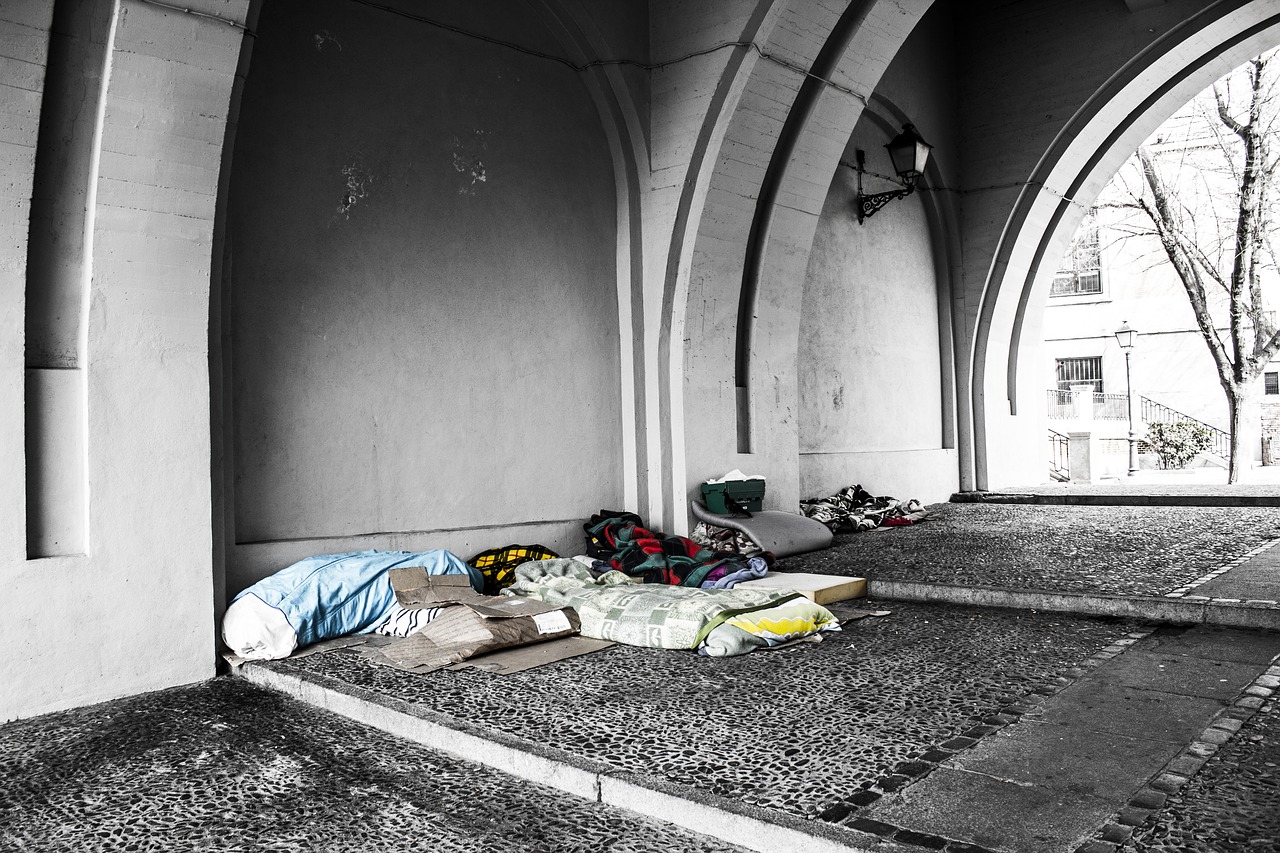
Commenting in a recent article in The Guardian, Professor Glen Bramley said the official statistics – which the UK Government acknowledges can never be comprehensive and are used more as an indicator of trends - are based on estimated numbers of rough sleepers in England.
A leading authority in homelessness, Professor Bramley describes this as an ‘unreliable system’ and says more accurate estimates can be obtained through specialised surveys, such as the influential Destitution in the UK report series, led by Heriot-Watt University on behalf of the Joseph Rowntree Foundation. This is examining the scale, nature and drivers of destitution in locations across the UK. Using this study, the total number of rough sleepers in England is three to four times higher than what is shown in UK Government figures.
Professor Bramley said: “When lockdown happened, a large number of people who were in the self-employment sector or on zero-hours contracts, or in informal employment situations – many of them migrants – immediately lost all work and ability to pay rent, so some of those people would be feeding into the new street homeless population.
“This is based on research currently being completed for the Trussell Trust on the potential impact of COVID-19 on food bank demand. Background work on extent and initial economic impact of the initial lockdown has highlighted the significant risk to these groups.
“This is documented in a range of sources including publications or press releases from organisations including the Resolution Foundation and NIESR.”
Reports of people sleeping rough rose steeply during the pandemic as a consequence of the subsequent lockdown and economic downturn. Vital services and support facilities have been forced to close, leaving many service users with little alternative but to sleep on the streets.
Professor Bramley warns the situation will get worse in the coming months due to an expected downturn in the labour market forcing more people and families into destitution.
He added: “Our work, like that of other commentators, indicates there will be a substantial downturn in the labour market as recovery towards ‘normality’ with no requirements for social distancing takes time and as the furlough scheme is rapidly wound down. This will cause more unemployment and destitution in the late autumn and winter, which will only gradually ease through 2021.
“If the government persists in reversing measures it took to increase Universal Credit and the freezing of evictions in private renting then these adverse outcomes, including homelessness, will be significantly worse next winter and into next year.”




